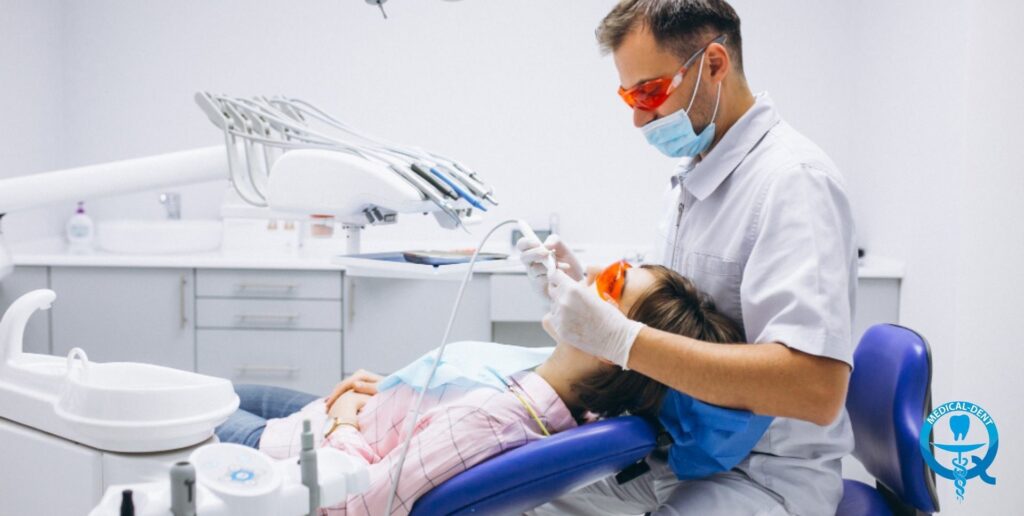Sensitive teeth are not just a temporary discomfort, but a signal that your enamel or gums may need urgent attention. If you experience sharp pain when drinking hot or cold drinks, eating sweet foods or even when brushing - it's worth finding out where the problem comes from and how to deal with it effectively. In this article, we explain what causes tooth sensitivity, how to prevent it, how to treat it and why it should not be underestimated.
Where do hypersensitive teeth come from?
Tooth sensitivity is most often the result of exposed dentin - the layer beneath the enamel that protects the nerve of the tooth. This can occur for a variety of reasons. Often too much tooth brushing is to blame, especially with a hard-bristled toothbrush.
Equally detrimental are certain pastes whitening agents, which can abrade the enamel. So can home remedies for whitening teeth. We wrote more about this in the article "Natural ways to whiten teeth - do they work and are they safe?".
A not insignificant diet rich in acidic foods - such as citrus juices, carbonated drinks or wine - also weakens enamel and exposes dentin to stimuli.
Hypersensitive teeth can also be the result of grinding of teeth (bruxism), receding gums or periodontal diseases. In some people they occur after orthodontic treatment or as a result of improperly placed fillings. Any of these factors can make a tooth more susceptible to pain.

Can pain be prevented?
The good news is that hypersensitive teeth can be effectively protected in many cases. The key is proper hygiene habits and diet.
Teeth should be brushed gently, preferably with a soft toothbrush, and do not use too much pressure. It is also a good idea to avoid whitening toothpastes if they are not recommended by your dentist. Of great importance are toothpastes specifically designed for people who have hypersensitive teeth - they contain ingredients that strengthen the enamel and seal the dental tubules.
Limiting the intake of acidic and very sweet foods and regular dental check-ups help to keep teeth in good condition. Flossing and mouthwash promote gum health and therefore protect the enamel, as well as the necks of the teeth, from being exposed.

How to treat hypersensitive teeth?
Treatment of hypersensitive teeth depends on the cause of the problem. Specialised fluoride preparations or sealants can be used at the dentist's office to reduce dentin permeability and relieve pain.
When hypersensitivity is due to enamel defects, The dentist can fill them with a suitable material. If the problem is rooted in periodontal disease, it will need to be treated - such as scaling, curettage or gingivitis treatment.
In cases where bad habits (e.g. grinding teeth) are the cause, a relaxation splint to protect the teeth during sleep can help. We wrote more on this subject in an article with a similar title "Teeth relaxation splinting in the UK - what it is and when it is recommended".

What happens if you underestimate tooth sensitivity?
If the problem is ignored, it can lead to worsening pain, as well as more serious health consequences.
Hypersensitive teeth are more susceptible to decay and mechanical damage. Enamel defects can worsen and prolonged exposure of dentin to stimuli can result in pulpitis.
In addition, pain can impede daily functioning and, in advanced cases, untreated hypersensitive teeth can lead to the need for root canal treatment or even extraction.
Hence, if you are struggling with tooth sensitivity preferably make an appointmentand your dentist will choose the right treatment for you. You will forget about daily pain and will not risk serious consequences and additional treatment.

